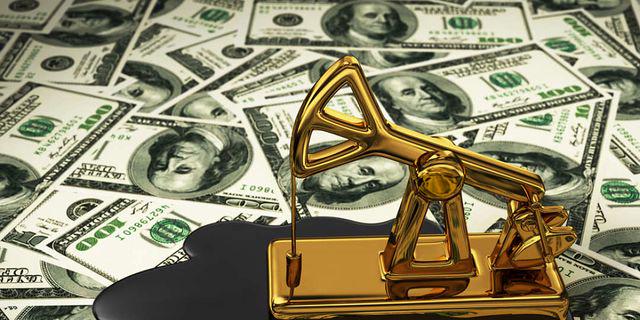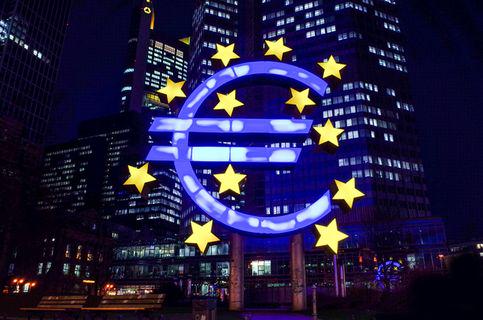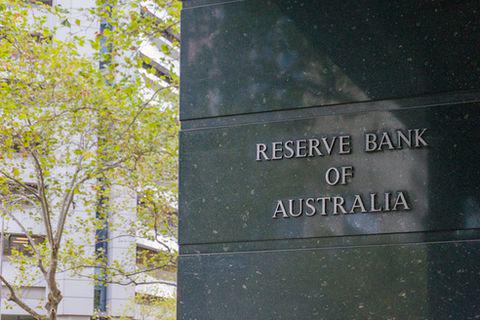
The G20 summit took place in Bali, Indonesia, on November 2022…

Don’t waste your time – keep track of how NFP affects the US dollar!
Data Collection Notice
We maintain a record of your data to run this website. By clicking the button, you agree to our Privacy Policy.

Beginner Forex Book
Your ultimate guide through the world of trading.
Check Your Inbox!
In our email, you will find the Forex 101 book. Just tap the button to get it!
Risk warning: ᏟᖴᎠs are complex instruments and come with a high risk of losing money rapidly due to leverage.
68.53% of retail investor accounts lose money when trading ᏟᖴᎠs with this provider.
You should consider whether you understand how ᏟᖴᎠs work and whether you can afford to take the high risk of losing your money.
Information is not investment advice
The European Central Bank, Christine Lagarde and the euro
Introduction
Mario Draghi, the former president of the European Central Bank, has officially left his post on November 1. A schism among the monetary policymakers, an uneasy sentiment towards the ECB in many countries and a pre-recession-state in the Eurozone – these are some of the challenges that Mr. Draghi had to pass on to his successor. Christine Lagarde, the new ECB president, will have to steer the ECBs monetary policy through strong headwinds that are already engulfing Europe. Let us see what she will be facing and how that may affect the euro.
The old era: positive
The financial circles remember Mr. Draghi’s famous pledge to save the euro “whatever it takes”. Under his supervision, negative interest rates up to -0.75% have been applied in most of the European member states. Government spending through bond programs has been another measure to force Europe out of deflation and keep the euro running. Overall, this policy made cheap euro flush into the Eurozone on a scale hardly seen since the inception of the ECB. And at the time, this type of policy was generally accepted by the ECB governors, the broader financial circles and the population of the European member states. That was due to certain positive results it brought in seven years under Mr. Draghi’s guidance: steady wages, lower unemployment, higher support to the euro within the population.
The old era: negative
However, there are many setbacks in the ECB policy results that may not be tolerated as easily as they were before. First, the inflation objectives were mostly not met in the European states: the 2% target common to many European states is still a goal to reach. Second, the GDP growth slowdown is obvious over the last two years, with the July 2019 mark being at 0.2%. Third, there is a serious dissent among the ECB governors about further monetary ease – something that the ECB has not seen before. On top of that, there is a bigger dissent in regards to the ECB monetary stance among the population, especially the Germans. They have already called the former president Draghi “Count Draghila” for stripping them off of their savings with the Bank’s monetary ease measures.
The new president
The new ECB president Mrs. Lagarde already stated that she is ready to continue the same line she was handed over in many aspects of the European monetary policymaking. Specifically, she has noted that she would prefer the EU countries with a government budget surplus to spend more on education and infrastructure. Boosting the government spending for as many states as possible appears to be a priority in the ECB’s agenda under the new president. In any case, so far the vision of Christine Lagarde is more inclined towards further monetary ease and government spending, rather than anything else. How will it affect the euro?
The euro
The euro has been in decline against the USD for the last two years. If the US-China trade war indeed approaches its closure stages, it should strengthen both the US dollar and the euro. Now, the annual GDP growth has been slowing down for both the US and the Eurozone, but the American slowdown is less than the European. Under these conditions, If Mrs. Lagarde presses through her line of government spending and continues the monetary ease measures, it should lead to further weakening of the euro against the US dollar and the related currencies. However, we should keep an eye on the strategic economic indicators. If the new ECB manages to jump-start the European economy and steer it away from recession, the euro might eventually gain value, even if it initially declines under the quantitative easing measures.
Conclusion
The euro faces constant threats to its value and very existence due to the concept of integrating 28 countries into one functionality with a single currency and keeping it running. Therefore, it will be a constant struggle for the ECB to keep it alive and healthy. That’s why the forces that pull the euro down will always be guaranteed, while those which support it may not be so. Watching the development of the factors that affect it is the clue to understanding what happens to it in the long-term.

The G20 summit took place in Bali, Indonesia, on November 2022…

The deafening news shocked the whole world yesterday: the British Queen Elizabeth II died peacefully at the age of 96…

After months of pressure from the White House, Saudi Arabia relented and agreed with other OPEC+ members to increase production.

eurusd-is-falling-what-to-expect-from-the-future-price-movement

Greetings, fellow forex traders! Exciting news for those with an eye on the Australian market - the upcoming interest rate decision could be good news for Aussies looking to refinance or take out new loans. The Mortgage and Finance Association Australia CEO, Anja Pannek, has...

Hold onto your hats, folks! The Japanese yen took a nosedive after the Bank of Japan (BOJ) left its ultra-loose policy settings unchanged, including its closely watched yield curve control (YCC) policy. But wait, there's more! The BOJ also removed its forward guidance, which had previously pledged to keep interest rates at current or lower levels. So, what's the scoop? Market expectations had been subdued going into the meeting, but some were still hoping for tweaks to the forward guidance to prepare for an eventual exit from the bank's massive stimulus
Your request is accepted.
We will call you at the time interval that you chose
Next callback request for this phone number will be available in 00:30:00
If you have an urgent issue please contact us via
Live chat
Internal error. Please try again later